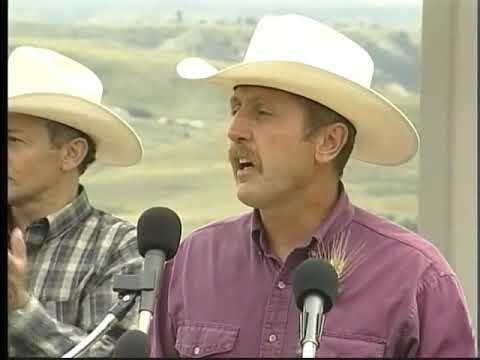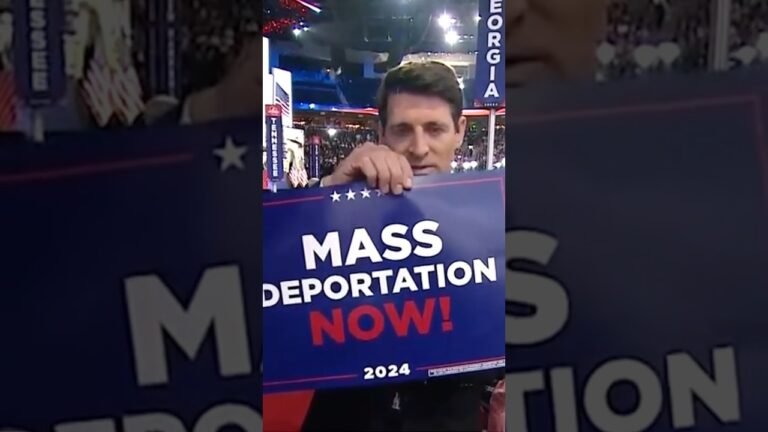The Rise of Christian Trumpism: Faith Meets Politics
Christian Trumpism represents a compelling intersection of faith and politics, where the fervor of evangelical support for Donald Trump has reshaped the landscape of American conservatism. This movement intertwines deeply held religious beliefs with Trump’s populist rhetoric, creating a unique ideological framework that challenges traditional boundaries within both the church and the political arena. As this phenomenon continues to evolve, it raises important questions about the future of faith in American politics and the implications for both believers and non-believers alike.
Is Christian Trumpism reshaping American politics today?
Yes, Christian Trumpism is reshaping American politics by influencing voter behavior, aligning evangelical beliefs with conservative policies, and impacting the Republican Party’s direction.
What is the relationship between Christian beliefs and Trumpism in contemporary politics?
The relationship between Christian beliefs and Trumpism in contemporary politics is a complex interplay that has reshaped the landscape of American conservatism. Many evangelical Christians have found resonance with Trump’s populist rhetoric and his emphasis on “America First” policies, viewing him as a defender of their values against perceived liberal encroachments. This alignment is often fueled by a shared opposition to issues like abortion and same-sex marriage, which have become central tenets for many in the Christian right. Trump’s willingness to engage directly with religious leaders and his appointments of conservative judges have further solidified this bond, creating a political alliance that prioritizes both faith-based values and national identity.
However, this partnership is not without its tensions. Critics argue that the embrace of Trumpism has led to a dilution of traditional Christian values, as many supporters seem willing to overlook personal conduct and ethics in favor of political gains. The transactional nature of this relationship raises questions about authenticity and the long-term implications for the Christian community. As the political landscape continues to evolve, the challenge for many believers will be to navigate their faith in a way that honors their spiritual convictions while engaging with a political movement that often prioritizes power over principle.
How has the rise of Trumpism influenced the evangelical community in the United States?
The rise of Trumpism has significantly reshaped the evangelical community in the United States, drawing many believers closer to a political identity intertwined with nationalism and conservative values. This shift has fostered a sense of urgency among evangelicals, who perceive Trump as a champion of their causes, particularly on issues like religious freedom, abortion, and immigration. Consequently, this alignment has intensified both support and division within the community, as some evangelicals embrace Trump’s rhetoric and policies while others grapple with the moral implications of his leadership style. Ultimately, the intersection of faith and politics in this era has redefined traditional boundaries, prompting a cultural reckoning that continues to evolve.
Navigating the Intersection of Belief and Power
In today’s world, the intersection of belief and power shapes our societies in profound ways. As individuals and communities navigate their values and ideals, they often find themselves at the crossroads of faith and authority. This dynamic influences not only personal decisions but also policy-making and governance, as leaders wield their beliefs to gain legitimacy and followers to amplify their influence. Understanding this interplay is crítico for fostering a more inclusive and equitable society.
The impact of belief systems can be seen across various spheres, from politics to social movements. When leaders articulate a vision grounded in shared values, they can mobilize support and inspire collective action. Conversely, when power is unmoored from ethical considerations, it can lead to manipulation and division. As we traverse this complex landscape, it becomes imperative to discern which beliefs promote unity and which foster discord, guiding us toward more constructive dialogues and actions.
Ultimately, navigating the intersection of belief and power requires a commitment to critical thinking and empathy. By examining our own beliefs and the motivations behind those in positions of authority, we can cultivate a deeper understanding of the world around us. This awareness not only empowers individuals to make informed choices but also encourages leaders to engage responsibly with the communities they serve. In doing so, we can work toward a future where belief and power coexist harmoniously, driving positive change for all.
How Faith Shapes the New Political Landscape
In an era marked by rapid change and uncertainty, faith has emerged as a powerful force shaping the new political landscape. As individuals seek meaning and community, religious beliefs are increasingly influencing political identities and affiliations. This evolution reflects a growing recognition that faith can serve as a unifying thread, bridging divides and fostering dialogue among diverse groups. The intersection of spirituality and politics is not merely a backdrop; it is a dynamic arena where values and priorities are realigned to reflect a broader spectrum of beliefs.
The rise of faith-driven movements has reshaped traditional political paradigms, compelling leaders to engage with constituents on a more personal level. Issues such as social justice, environmental stewardship, and community well-being are often framed through a moral lens, encouraging voters to consider the ethical implications of their choices. As faith communities mobilize around these shared causes, they not only amplify their voices but also challenge established political norms, compelling politicians to address the concerns that resonate deeply within these communities.
Moreover, the impact of faith on the political landscape extends beyond mere voter mobilization; it fosters a sense of accountability among leaders. Politicians are increasingly aware that their actions and policies are scrutinized not only through political lenses but also through spiritual ones. This convergence of faith and politics encourages a more compassionate and values-driven approach to governance, where empathy and integrity take center stage. As the political arena evolves, the role of faith as a guiding principle will continue to shape policies and influence the trajectory of societal change, highlighting the profound connection between belief systems and civic engagement.
The Influence of Evangelicalism on Modern Conservatism
Evangelicalism has profoundly shaped modern conservatism, infusing it with a moral framework that emphasizes religious values and personal responsibility. This influence is evident in the political mobilization of evangelical voters, who prioritize issues such as family, faith, and social conservatism, significantly impacting electoral outcomes. The intertwining of religious beliefs with political ideology has not only galvanized grassroots movements but also transformed the rhetoric of mainstream conservative politics, making it increasingly focused on aligning governance with biblical principles. As a result, evangelicalism continues to play a pivotal role in defining the priorities and strategies of contemporary conservative thought.
Examining the Fusion of Religion and Governance
Throughout history, the relationship between religion and governance has been a complex and evolving interplay, shaping societies in profound ways. In many cultures, religious beliefs have provided a moral framework that informs legal systems and public policy, influencing everything from social justice to individual rights. This fusion often promotes a sense of community and shared values, fostering stability and cohesion within diverse populations. However, it can also lead to tensions when religious doctrines conflict with secular principles, raising critical questions about the role of faith in public life.
As nations grapple with modern challenges, the dynamics of religion and governance become increasingly significant. In some regions, religious institutions serve as powerful advocates for social change, driving movements for human rights and environmental stewardship. Conversely, in others, authoritarian regimes may exploit religious sentiments to legitimize oppressive practices. Understanding this intricate relationship is essential for navigating the complexities of contemporary governance, as it can illuminate pathways toward inclusive policies that respect both faith and freedom.
The Impact of Christian Nationalism on American Politics
Christian nationalism has emerged as a significant force shaping American politics, intertwining religious beliefs with national identity. This movement asserts that the United States is fundamentally a Christian nation, influencing policy decisions and the political landscape. Advocates seek to implement laws that reflect their values, often at the expense of secular governance and the rights of diverse populations. As this ideology gains traction, it raises critical questions about the separation of church and state, challenging the pluralistic fabric of American society. The growing prominence of Christian nationalism not only affects electoral outcomes but also fosters division, prompting a reevaluation of what it means to be an inclusive democracy in a country characterized by its rich tapestry of beliefs.
Christian Trumpism represents a complex intersection of faith and politics, reshaping the landscape of American conservatism. As this movement continues to evolve, it challenges traditional notions of both religion and governance, sparking fervent debates among believers and non-believers alike. Understanding its implications is crítico, as it not only influences electoral outcomes but also redefines the values and priorities of a significant segment of the population. The future of this phenomenon will undoubtedly shape the cultural and political discourse in the years to come.







